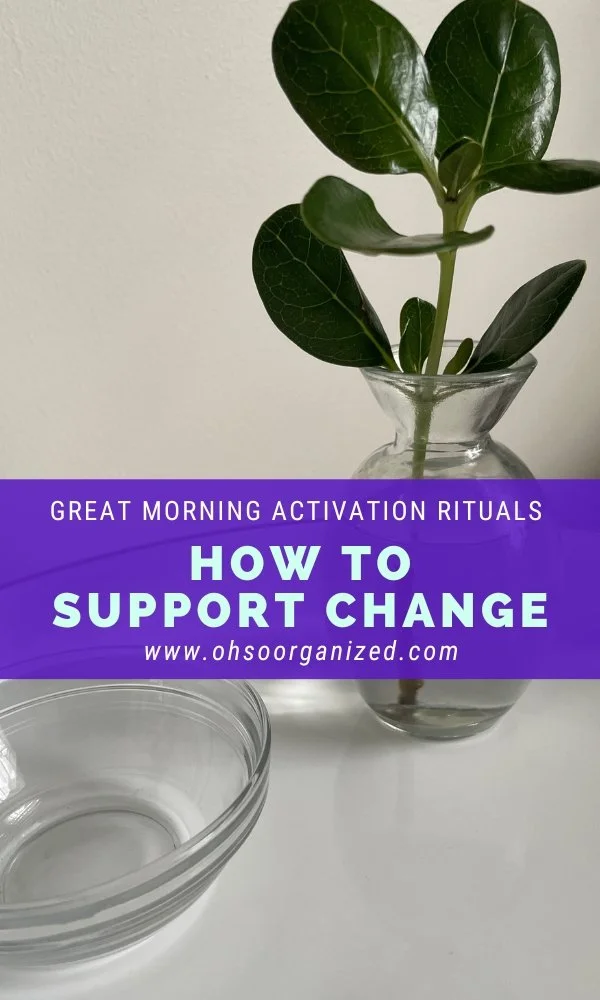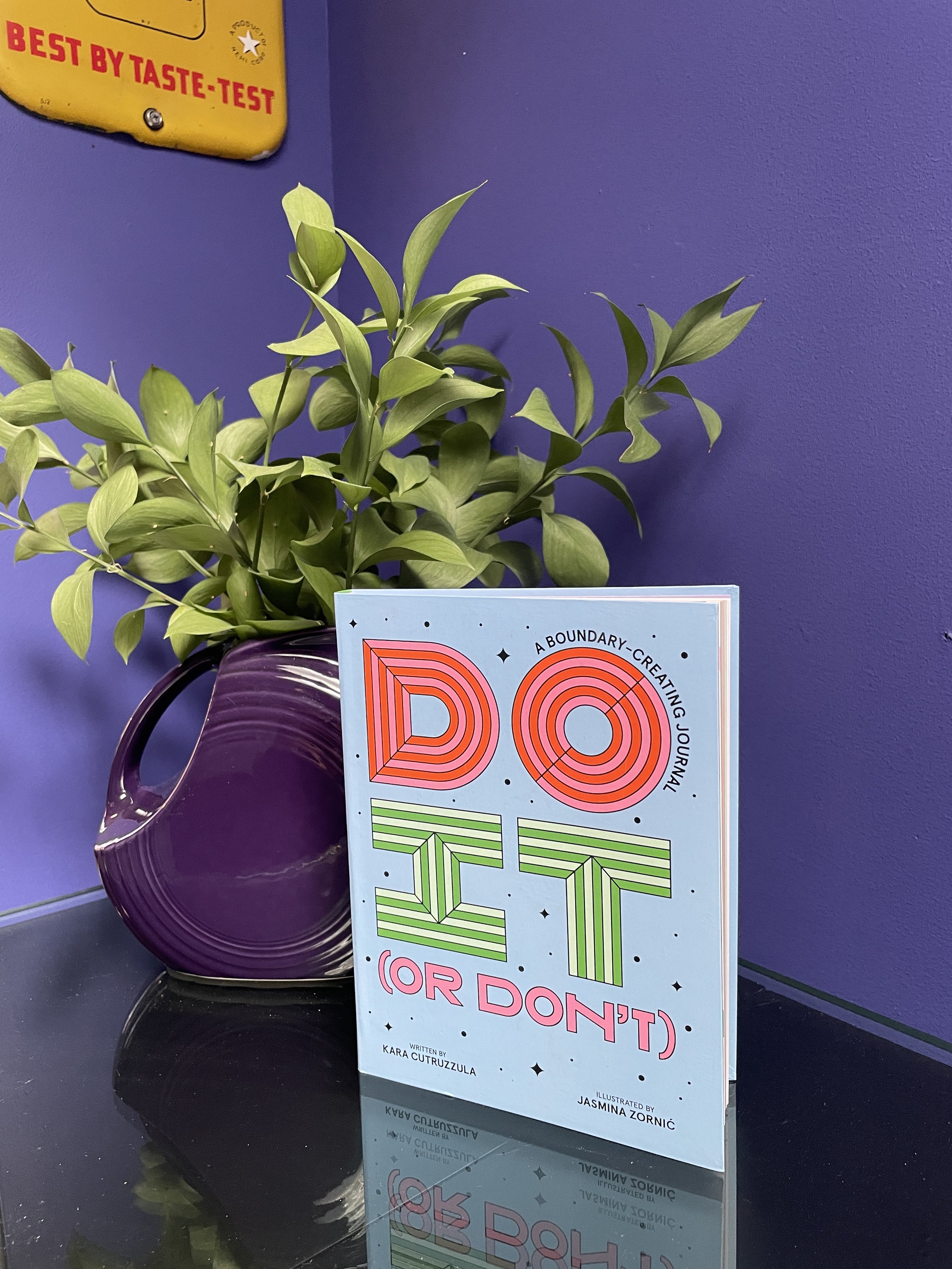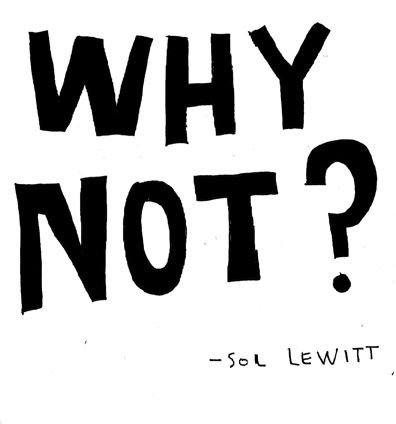Have you experienced stress and anxiety when working out what to do next? Those negative emotions and thought loops can contribute to doubt and inaction.
What if instead, you chose a more supportive way forward? What if next wasn’t so stressful?
There are lessons to learn about figuring out what’s next from various sources. These can help you progress in a quieter, more curious, and gentler manner. How would it feel if the next step was less contentious?
I will share three sources that have inspired and helped me: a crocus, a quote, and a message. I hope they will be helpful for you, too.
Three Lessons About Next
1. The Purple Crocus
I’m taking one cue about next from nature’s playbook. Spring is my favorite time of year. While I love the entire season, I especially enjoy pre-spring. Seeing tiny signs of color and growth slowly transform the gray winterscape is uplifting.
One of my most joyful sightings is when the purple crocuses with their bright green stems emerge from the dirt to bask in the sunshine. I’ve often written about my delight in spotting the crocuses and the hopeful feelings they evoke.
Lesson for Finding Next: Channel the confidence and energy of the crocus. Envision yourself emerging from indecision and gently take your next step. Allow the hopeful feeling that new growth brings to guide you forward. The crocuses bloom, and so will you.
2. The Quiet Quote
In Oliver Burkeman’s book Four Thousand Weeks, he shared a Carl Jung quote about next that resonated with me. I thought you would appreciate it, too. Jung said,
“. . . quietly do the next most necessary thing.”
I love the emphasis on “quietly.” Do you often go forth loudly, brimming with self-doubt, putting up obstacles, or fighting every step of the way? Instead, what if you approached that next thing in a calmer, lower volume manner?
Lesson for Finding Next: Change the volume of your approach to next. Turn down the sound and minimize the obstacles to help you find next with greater clarity, curiosity, and focus.
“. . . quietly do the next most necessary thing.”
3. The Internal Message
The messages you tell yourself can help or hinder progress. I recently wrote about deviating from my routine for wrapping up last year and planning the current year. My departure from previous patterns, wasn’t just a change. It was more like I didn’t do any of those rituals, at least, not in the formal way I had been for many years.
Wrapping up the year and planning for the future involves several steps and requires considerable time. Given all that was going on, it didn’t happen. Here we are and it’s almost spring. I officially decided to stop berating myself for not accomplishing my self-imposed expectation, and instead focus on what makes sense at this juncture.
One of the tasks was figuring out my motto for the new year. It didn’t happen. Instead, I decided that the theme from last year, which served me well, gets to have another year to work its magic. With quiet ease and a gentle prompt, I remind myself, “You got this.”
Lesson for Finding Next: Repeating something that works isn’t cheating. Using the familiar to build from is a kinder, gentler path forward. Next doesn’t have to be complicated or completely different. Let next make sense for this present moment.
Reimagining How Next Happens
There are various ways to reduce stress and anxiety about determining your next steps. Nature's prompts, inspired quotes, and reframed internal messages can help you change how you navigate next.
How would reimagining next make a difference in your life? Which of these ideas resonate with you? What helps you figure out next? I’d love to hear your thoughts. I invite you to join the conversation.
How Can I Help?
Do you want support organizing, editing, planning, or figuring out your next step? I’d love to help! Virtual organizing is an extraordinary path forward – local feel with a global reach.
Please schedule a Discovery Call, email me at linda@ohsorganized.com, or call 914-271-5673. Figuring out next is possible, especially with support.


















